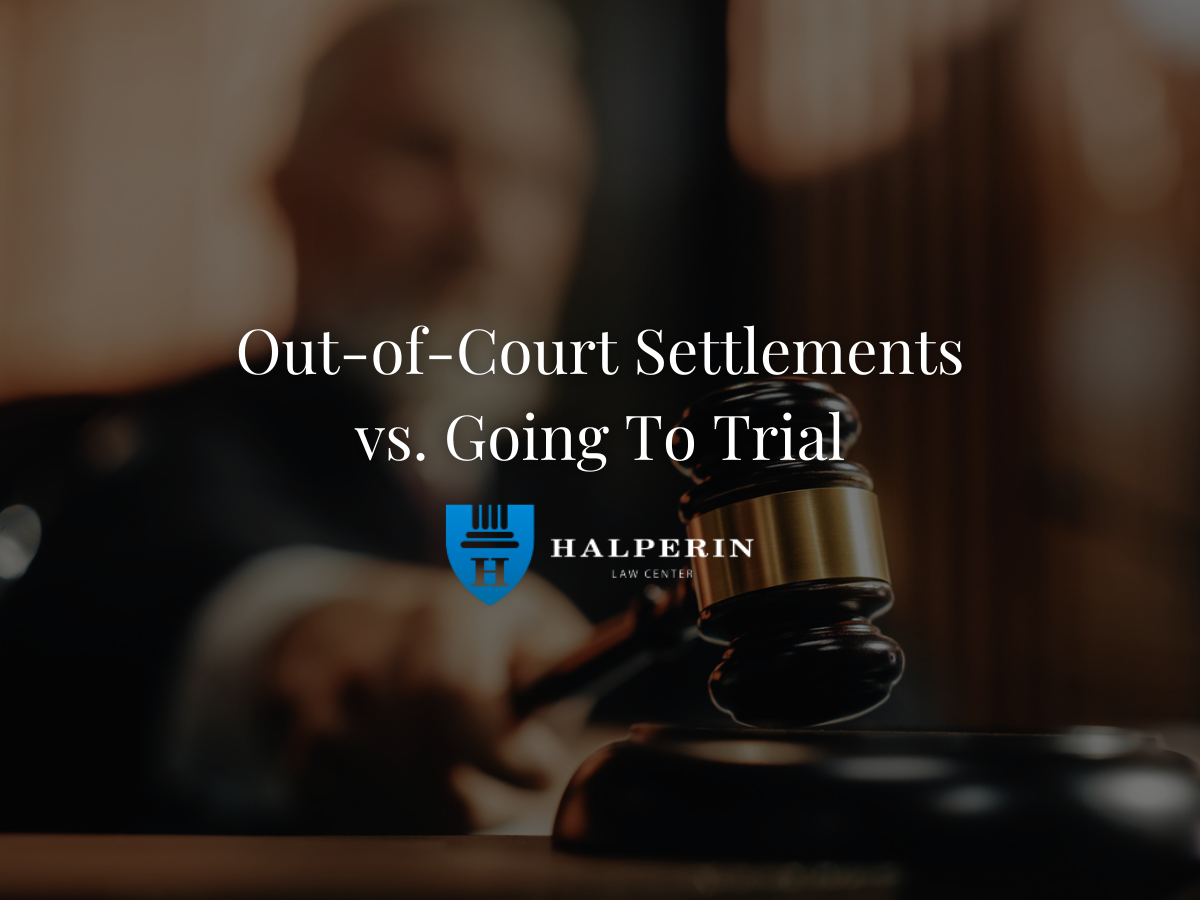In civil litigation, parties often face a critical decision: whether to settle the dispute out of court or proceed to trial. Each option has its advantages and disadvantages, and understanding these can help you make an informed choice. This guide compares settlement and trial, exploring the outcomes, benefits, and potential drawbacks of each approach.

Settlement
What is Settlement?
Settlement refers to the resolution of a dispute outside of court, typically through negotiation between the parties involved. Settlements can occur at any stage of litigation, from before a lawsuit is filed to after a trial has begun. The parties agree to resolve their differences and come to a mutually acceptable agreement without the need for a trial.
Advantages of Settlement
Cost-Effective
One of the primary advantages of settlement is that it is generally less expensive than going to trial. Litigation can involve significant costs, including attorney fees, court fees, and expenses related to gathering evidence. Settling a case can reduce these costs and provide a more predictable financial outcome.
Time-Saving
Settlement can expedite the resolution of a dispute. Trials can be time-consuming, often taking months or even years to conclude. Settling allows parties to reach an agreement more quickly, avoiding the lengthy process of a trial.
Control Over Outcome
When settling, parties have more control over the outcome of their case. They can negotiate terms that are mutually agreeable and address specific needs or concerns. In contrast, a trial’s outcome is determined by a judge or jury, which may not fully align with the parties’ preferences.
Confidentiality
Settlements can often be kept confidential, protecting the parties’ privacy and sensitive information. This confidentiality can be particularly important for businesses or individuals who wish to avoid public scrutiny or reputational damage.
Disadvantages of Settlement
Potential for Unfavorable Terms
One potential drawback of settlement is that it may result in less favorable terms than what could be achieved through a trial. Parties may feel pressured to settle for less than they deserve to avoid the uncertainties of trial.
No Precedent Set
Settling a case does not establish legal precedent. If setting a legal precedent is important to you—such as in cases that could impact broader legal principles or future disputes—settlement may not be the ideal option.
Trial
What is a Trial?
A trial is a formal legal proceeding where a dispute is presented before a judge or jury, who make a decision based on the evidence and arguments presented. Trials are generally the final step in litigation and can result in a binding judgment or verdict.
Advantages of Trial
Potential for Full Relief
Going to trial provides the opportunity to seek full legal relief or damages as determined by the court. If a party believes they have a strong case and is seeking a substantial award, a trial may offer a better chance of obtaining the desired outcome.
Establishing Legal Precedent
Trials can set legal precedents that influence future cases and legal interpretations. For parties involved in high-profile or significant legal issues, achieving a trial verdict can have broader implications beyond their specific case.
Public Accountability
Trials are typically public, and a verdict can bring transparency and accountability. For parties seeking to highlight issues of public interest or obtain justice in a highly visible manner, a trial can provide a platform for addressing these concerns.
Disadvantages of Trial
High Costs
Trials can be expensive, with costs associated with legal representation, court fees, expert witnesses, and other trial-related expenses. The financial burden of a trial can be significant and may outweigh the potential benefits, especially if the outcome is uncertain.
Time-Consuming
Trials can be lengthy, often taking months or years to reach a final resolution. The time required for preparation, hearings, and the trial itself can be considerable, leading to delays in achieving a resolution.
Uncertainty of Outcome
The outcome of a trial is uncertain and depends on the judge’s or jury’s decision. Even with strong evidence, there is no guarantee of a favorable verdict. The unpredictability of trial outcomes can be a significant risk for parties involved.
Making the Decision: Settlement or Trial?
Consider Your Goals
When deciding between settlement and trial, consider your goals and priorities. If a quick resolution and cost savings are essential, settlement may be the preferred option. If achieving a specific legal outcome or setting a precedent is critical, a trial may be more appropriate.
Evaluate the Strength of Your Case
Assess the strength of your case and the evidence available. If you have a strong case with compelling evidence, going to trial may offer the opportunity for a more favorable outcome. Conversely, if the evidence is weaker or the risks are high, settlement might be a more prudent choice.
Consult with Your Attorney
Your attorney can provide valuable insights into the benefits and risks of settlement versus trial based on the specifics of your case. They can help you evaluate your options, negotiate settlement terms, or prepare for trial, ensuring that you make an informed decision.
Conclusion
Navigating the decision between settlement and trial in civil litigation involves weighing the advantages and disadvantages of each option. Settlement can offer cost savings, speed, and control over the outcome, while a trial provides the potential for full relief, legal precedent, and public accountability. By understanding these factors and consulting with your attorney, you can make a strategic choice that aligns with your goals and circumstances, leading to a more favorable resolution of your dispute.









